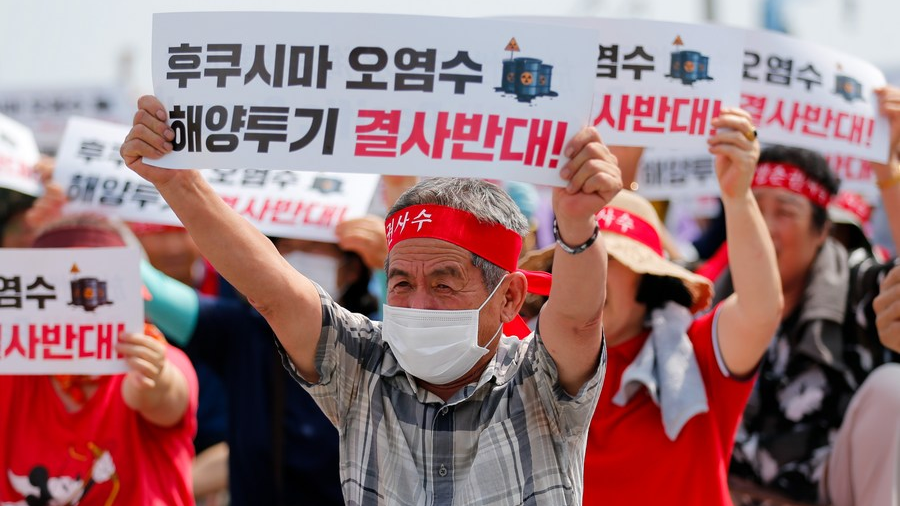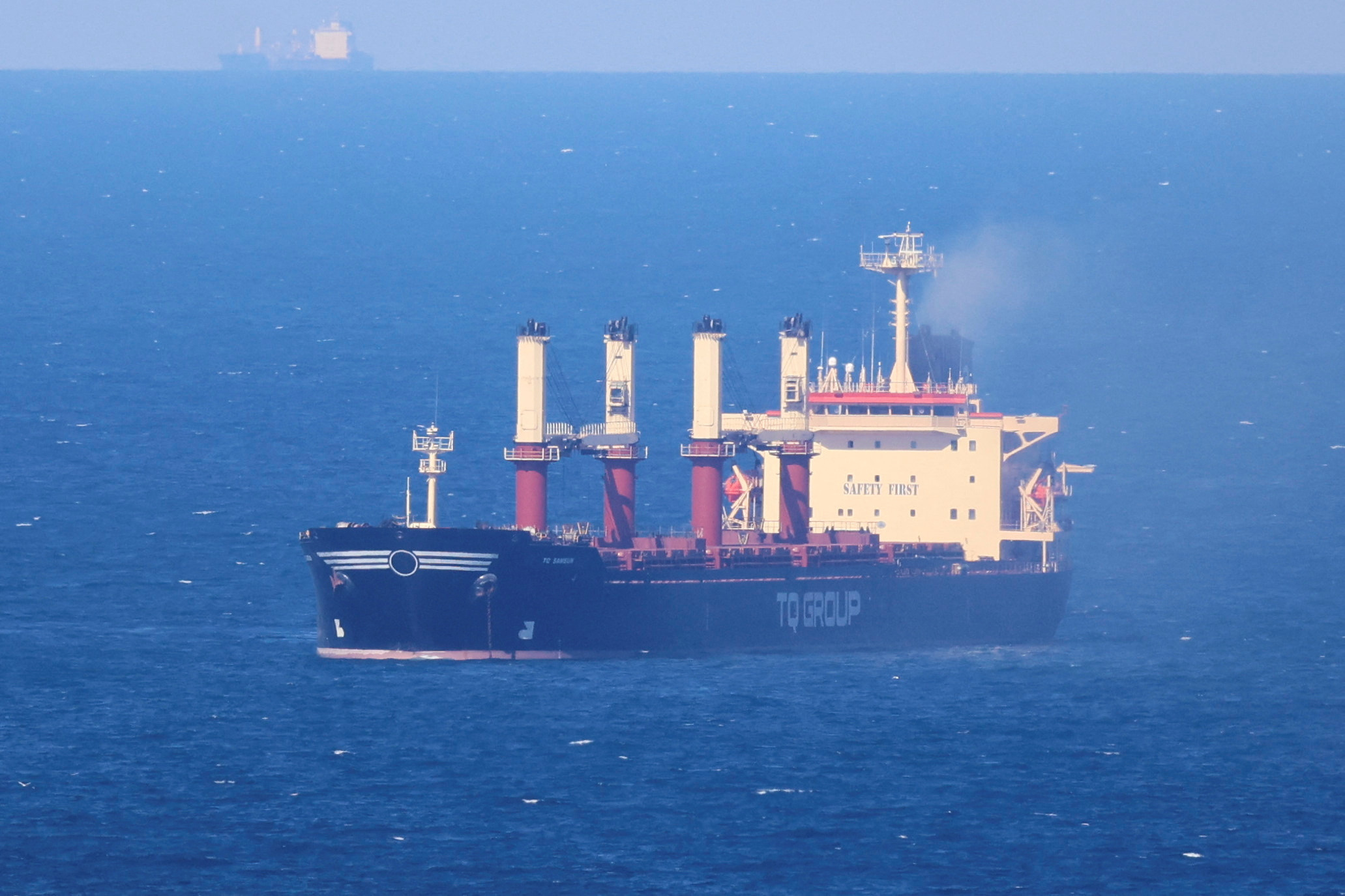Tensions rise as opponents in Japan and South Korea unite in urging the suspension of the Fukushima nuclear-contaminated wastewater discharge. South Korea’s Democratic Party leader, Lee Jae-myung, delivered a letter to Japanese Prime Minister Fumio Kishida, calling for a halt to the planned release. Meanwhile, environmentalists in Fukushima and Japanese fishermen express their vehement opposition, emphasizing the potential catastrophic consequences for the environment and livelihoods.
South Korea Joins the Chorus of Protest
South Korea’s main opposition leader, Lee Jae-myung, takes a decisive stance against Japan’s nuclear-contaminated water discharge. The Democratic Party chief, in a letter to Prime Minister Fumio Kishida, requests a suspension of the controversial plan. Five proposals are put forth by Lee, seeking cooperation with the international community for safer alternatives.
Fukushima Environmentalist Raises Alarm
An environmentalist from Fukushima Prefecture passionately opposes Japan’s intentions to release the nuclear-contaminated water into the sea. Tsutomu Yoneyama, a resident of Iwaki City, who experienced the Fukushima nuclear accident in 2011, warns of the impending devastation. He pleads for an alternative solution of storing the contaminated water on land, as the current plan poses immense risks to Fukushima residents, fishermen, and even Pacific island nations.
Fishermen’s Fears Amplify
Japanese fishermen voice their growing concerns over the government’s decision to discharge nuclear-contaminated wastewater. Haruo Ono, a 70-year-old fisherman from Fukushima, emphasizes the ocean as their workplace and rejects any form of pollution. He joins the call for the contaminated water to be securely stored instead of being released into the sea. Lack of responsibility and a potential impact on livelihoods lead to protests and opposition from fishermen and citizens alike.
The contentious decision to discharge radioactive wastewater from the crippled Fukushima Daiichi nuclear power plant has stirred a whirlwind of global concerns. South Korea joins the growing chorus of opposition, urging the Japanese government to reconsider its plans. Lee Jae-myung, the leader of South Korea’s main opposition Democratic Party, took action by delivering a letter to Japanese Prime Minister Fumio Kishida through the Japanese embassy in Seoul. In the letter, Lee expressed the South Korean people’s concern and opposition to the discharge plan, calling for safer alternatives in cooperation with the international community.
Within Japan itself, voices of dissent echo. An environmentalist from Fukushima Prefecture, Tsutomu Yoneyama, vehemently opposes the plan, citing the impact it would have on the region and the world. Yoneyama highlights the fact that the Fukushima nuclear accident already had far-reaching consequences and emphasizes the need to protect the environment and human lives.
Japanese fishermen, who have their livelihoods closely tied to the ocean, also express deep concern. Haruo Ono, a fisherman from Fukushima prefecture, warns that once the ocean is contaminated, it would be irreversible. Fishermen demand the contaminated water be securely stored instead of being released into the sea, fearing devastating consequences for their industry and the environment.
The Japanese government’s decision has faced criticism and international backlash. Many countries and regions have increased inspections of Japanese seafood for radioactive substances, leading to lower prices and stalled distribution. Miyagi and Fukushima, two of the hardest-hit prefectures by the 2011 earthquake and tsunami, are at the forefront of the opposition.
The global concern over Japan’s plan to discharge nuclear-contaminated water from Fukushima Daiichi Nuclear Power Plant into the sea raises questions about the government’s responsibility and the potential harm to the environment and livelihoods. As the protests intensify, the world watches closely, hoping for a resolution that ensures the safety of both people and the planet.
















